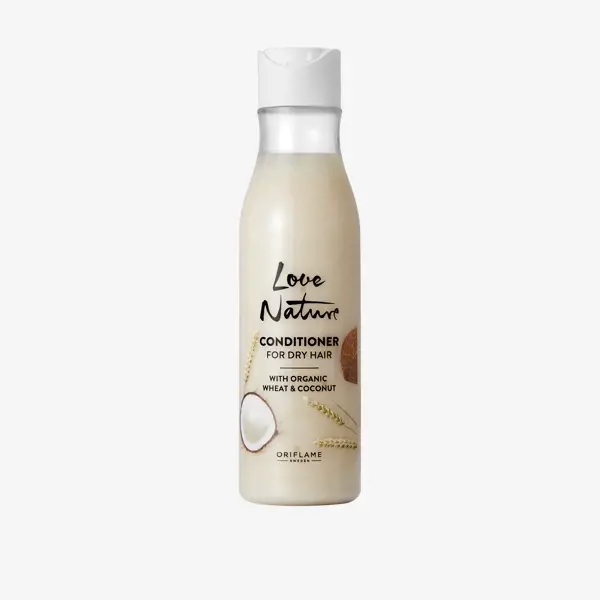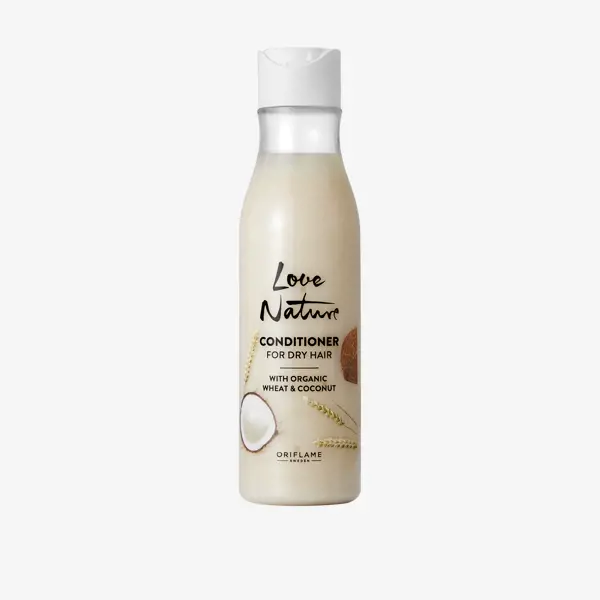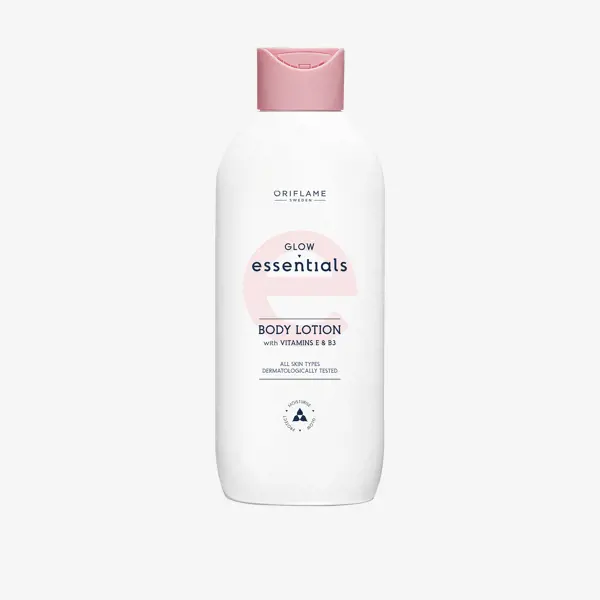Description
Description
Calcium and vitamin D supplementation has been shown to reduce bone loss and risk of frail bones (Tang et al., 2007). Wellosophy Marine Calcium & Vitamin D helps support the growth and maintenance of healthy bones and teeth throughout life. It is formulated with vitamin D, which enhances the absorption of calcium when consumed together (EFSA, 2016).
- 30 tablets. 1-2 a day. 45g
- 250mg calcium & 5μg vitamin D per tablet
- No preservatives
- Non-GMO
- Dairy free
- Vegetarian
- Created in Sweden
Active ingredients: (per tablet):
Calcium (Lithothamnion calcareum – Aquamin TG) – 250mg (31%*)
Vitamin D (cholecalciferol – vitamin D3) – 5μg (100%*)
Are you getting enough calcium?
Calcium is an essential mineral for health – you need to get it from the food you eat. As well as being vital for the normal growth and maintenance of bones and teeth, it also plays many other important roles including helping blood to clot, muscles to contract, and nerves to function normally. Calcium is the most abundant mineral in the human body, with over 90% stored in the bones! If you don’t get enough calcium from your diet to support diverse bodily functions, your body ‘steals’ what it needs from your bones. The recommended daily intake of calcium for adults is 750mg a day, but many populations consume less. To achieve the recommended intake, you should consume 3-5 portions of calcium-rich foods every day, with one portion being equal to a glass of milk (200ml), a small pot of yoghurt (125g) or a matchbox-size piece of cheese (25g).
Calcium – important throughout life for strong bones!
Calcium is vital for men and women at all stages of life. Over 90% of adult bone mineral is deposited by the end of adolescence (Saggese et al., 2002) and we reach peak bone mass (maximum bone density) by around the age of 30. After around 40, our bone mass slowly starts to decline – and for women this is accelerated by menopause (Ahlborg et al., 2003) – which is why so many women in particular experience frail bones later in life. So, the earlier you take care of your calcium intake, the better!
Best dietary sources of calcium
The best source of calcium is dairy produce like milk – it contains high levels of calcium, which is easy for the body to absorb and use. Another excellent source of calcium is fish with edible bones, like sardines and canned salmon. Vegetables like kale, broccoli and cabbage also contain calcium, which the body can absorb, but at lower levels. This means you need to consume significantly larger portions to reach the daily intake. It is therefore more challenging to reach your daily intake of calcium if you only consume plant-based foods.
Exercise to optimise your bone health
As well as healthy eating habits, physical activity helps to maximise the accumulation and maintenance of bone mass (Santos et al., 2017). The best forms of activity are weight-bearing and resistance exercise, which put stress on the bones. This includes activities like power walking, jogging, racquet sports, skipping and dancing.
Some foods block calcium absorption!
Some foods – like spinach, rhubarb and dried legumes – are high in calcium, but contain other compounds that may inhibit your body’s ability to absorb calcium. These foods are packed with nutrients so you should include them in your diet, but it’s best not to eat them at the same time as calcium-rich foods. Caffeinated coffee and tea, and alcohol all affect calcium absorption and metabolism in the body and should therefore be limited.
Note: Food supplements should not be used to substitute a balanced and varied diet.
* NRV – Nutrient Reference Value
Calcium is needed for the maintenance of normal bones and teeth. Calcium contributes to normal muscle function, and normal energy-yielding metabolism. Vitamin D contributes to the maintenance of normal bones and teeth, normal absorption of calcium and phosphorus, and normal blood calcium levels.
Ahlborg HG, Johnell O, Turner CH, et al. Bone loss and bone size after menopause. N Engl J Med. 2003 Jul 24;349(4):327-34. doi: 10.1056/NEJMoa022464.
EFSA NDA Panel (EFSA Panel on Dietetic Products, Nutrition and Allergies), 2015. Scientific Opinion on Dietary Reference Values for calcium. EFSA Journal. 2015;13(5):4101, 82 pp. doi: 10.2903/j.efsa.2015.4101.
EFSA NDA Panel (EFSA Panel on Dietetic Products, Nutrition and Allergies), 2016. Scientific opinion on dietary reference values for vitamin D. EFSA Journal. 2016;14(10):4547,145 pp. doi: 10.2903/j.efsa.2016.4547.
Saggese G, Baroncelli GI, Bertelloni S. Puberty and bone development. Best Pract. Res. Clin. Endocrinol. Metab. 2002;16(1):53-64. doi: 10.1053/beem.2001.0180.
Santos L, Elliott-Sale KJ, Sale C. Exercise and bone health across the lifespan. Biogerontology 18, 931–946 (2017). doi:10.1007/s10522-017-9732-6.
Tang BM, Eslick GD, Nowson C, et al. Use of calcium or calcium in combination with vitamin D supplementation to prevent fractures and bone loss in people aged 50 years and older: a meta-analysis. Lancet. 2007 Aug 25;370(9588):657-66. doi: 10.1016/S0140-6736(07)61342-7.
There are no question found.









Rating & Review
There are no reviews yet.